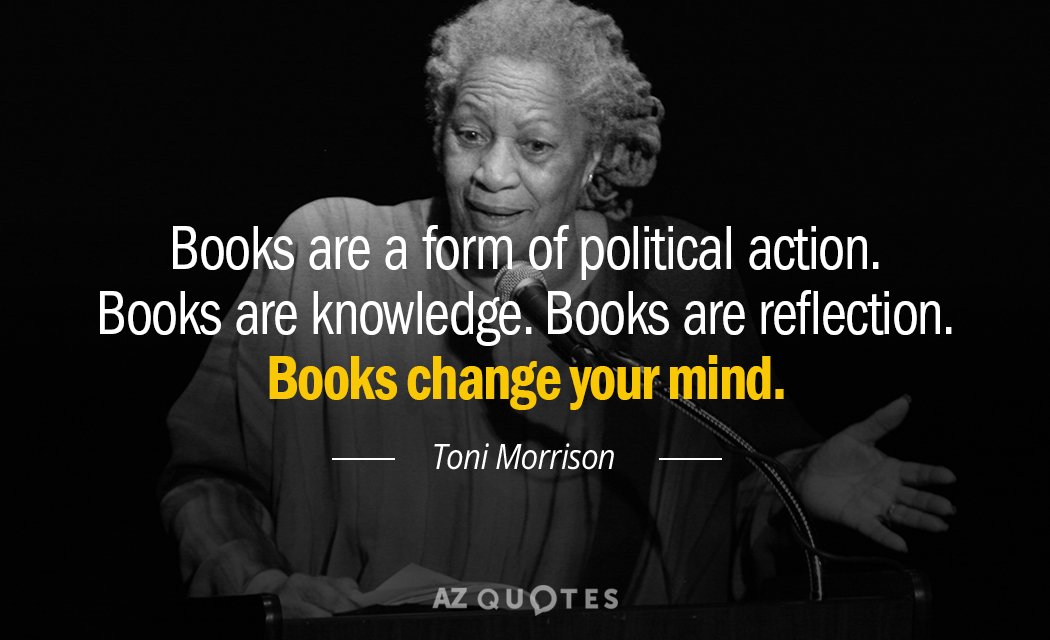What should I say? “Romeo and Juliet” being a classic tragic romance story that has been a hit all around the world. I had not been into it at all only knowing that they had both died at the end thinking they were foolish before reading the book and watching the film. And now after finishing the film, it had been a real rollercoaster for me feelings went up and down when watching the film and even after. Still remember when first the Montagues and Capulets were fighting and not knowing where Romeo was and to the extend knowing that he didn’t like Juliet at first instead he liked Rosaline was a small shock for me as I always thought that Romeo liked Juliet from the very beginning. And moving onto the scene where the Capulet’s held the party and Romeo still liked Rosaline before the party which was the reason that he went to the party and after seeing Juliet he immediately falls for her and even kissed on the first time seeing her. And then moving onto the famous scene where Juliet’s on her balcony and Romeo climbs to find her and kiss her. I’m sure we were all amazed by his tree climbing skills. And from this part I started getting why Romeo and Juliet would die for each other. Seeing him do dangerous acts just to spend time with Juliet I know that this man is in love and so deep that he couldn’t keep himself conscious. Then onto the part where they get married I know they both love each other a lot. They were both with the priest and when Juliet was forced to marry Paris the priest didn’t let Paris go in because he knows that she only love Romeo and would wait for him even if he was banished. The most unfortunate part of the entire story would be Romeo not being able to receive the letter from the priest so he didn’t know that Juliet was just asleep. At that moment I was thinking what if Romeo didn’t kill Tybalt or what if he had gotten the letter? These are the biggest “What-ifs” for me in the film of Romeo and Juliet. And the part that impressed me the most was how Rome and Juliet being in opposing families they still had an “underground love” that not many people knew.
Category: From Mr. MacKnight
Toni Morrison on books

Welcome to the English 10 class blog!
We will use this blog for Independent Reading journal entries, for Personal Writing, and for occasional responses to the literature we study together and to our class discussions and activities.
Comments on this blog must be specific, kind, and helpful. This is not Facebook, Twitter, or Instagram.
You will learn a tremendous amount by reading each other’s work. Sometimes you will think, “Ah, that’s really good, I could do that, too.” At other times you will think, “Ah yes, I make that same mistake, but I usually don’t notice it in my own writing.” Or you may think, “Wow, my writing is better than I thought.” Together, we can learn faster and make more progress.
Sample IRJE #1: “You reason like a block of cheese.”
In The Viscount of Bragelonne, by Alexander Dumas, the old soldier, d’Artagnan, proposes a business opportunity to Planchet, who was his squire in their younger days but who now owns a prosperous candy shop in Paris. D’Artagnan’s idea is to raise a small army and restore Charles II, rightful King of England, to his throne. Planchet is reluctant to invest without understanding more about d’Artagnan’s plans.
“Since you are proposing a business deal, I have the right to discuss it,” says Planchet.
“Discuss, Planchet; from discussion comes light.”
“Well then, since I have your permission, I would like to point out that in England they have, first of all, a Parliament.”
“Yes. And then?”
“And then, an Army.”
“Good. Anything else?”
“And then, the people themselves.”
“Is that all?”
“The people of England, who consented to the overthrow and execution of the late King, father of Charles II, will never agree to put the son back on the throne.”
“Planchet, my friend” said d’Artagnan, “you reason like a block of cheese.” (p. 417)
In French, the line is more beautiful: “Planchet, mon ami, tu raisonnes comme un fromage.” It made me laugh out loud the first time I read it, and it reminded me of something my French friend Christian said to me years ago when he noticed that I was wearing a new shirt: “Tu es beau comme un camion.” “You are as handsome as a truck.”
Sample IRJE #2: “We was attacked!”
In William Golding’s Lord of the Flies, a group of English school boys are evacuated by plane from a war zone, but the plane crashes on a remote tropical island, and the only adult with them—the pilot—is killed. Soon after they meet, Ralph and Piggy argue about what happened to the pilot of their airplane, and we see right away that Piggy is more of a thinker than Ralph:
“He must have flown off after he dropped us. He couldn’t land here. Not in a place with wheels.”
“We was attacked!”
“He’ll be back all right.”
The fat boy shook his head.
“When we was coming down I looked through one of them windows. I saw the other part of the plane. There were flames coming out of it.” (p. 8)
Whereas Ralph unthinkingly believes that everything will work out for the best (“’He’ll be back all right’”), Piggy has kept his eyes open during the crash and is brave enough to speak the frightening truth: there are no adults left to take care of them.
